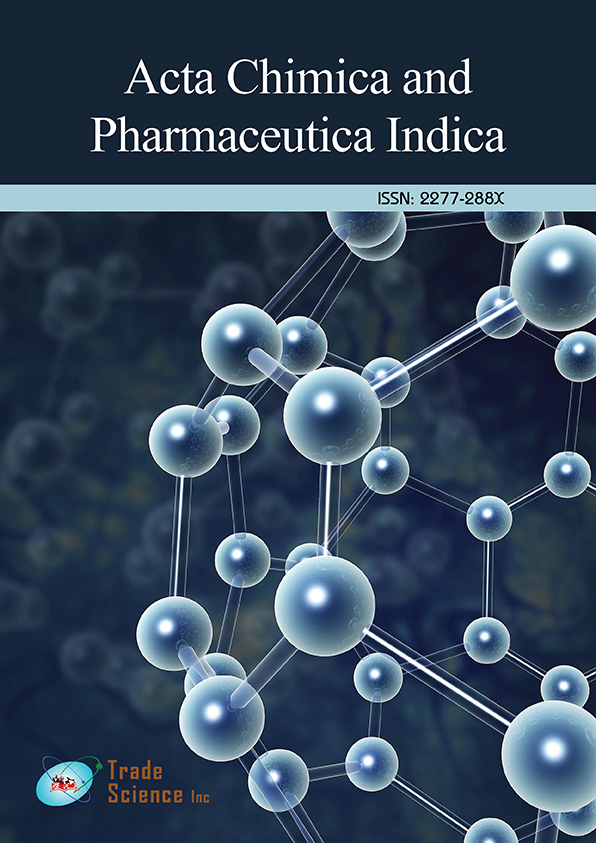Abstract
Composition and Clinical Significance of Exosomes in Tuberculosis: A Systematic Literature Review
Author(s): Fantahun BiadglegneThe detection of Mtbexo molecules in biological fluids Tuberculosis (TB) remains a major health issue worldwide. In order to contain TB infections, improved vaccines as well as accurate and reliable diagnostic tools are desirable. Exosomes are employed for the diagnosis of various diseases. At present, research on exosomes in TB is still at the preliminary stage. Recent studies have described isolation and characterization of Mycobacterium tuberculosis (Mtb) derived exosomes in vivo and in vitro. Mtb-derived exosomes (Mtbexo) may be critical for TB pathogenesis by delivering mycobacterial-derived components to the recipient cells. Proteomic and transcriptomic analysis of Mtbexo have revealed a variety of proteins and miRNA, which are utilized by the TB bacteria for pathogenesis. Exosomes has been isolated in body fluids, are amenable for fast detection, and could contribute as diagnostic or prognostic biomarker to disease control. Extraction of exosomes from biological fluids is essential for the exosome research and requires careful standardization for TB. In this review, we summarized the different studies on Mtbexo molecules, including protein and miRNA and the method used to detect exosomes in biological fluids and cell culture supernatantsmay have a potential to expedite the diagnosis of TB infection. Moreover, the analysis of Mtbexo may generate new aspects in vaccine development.
